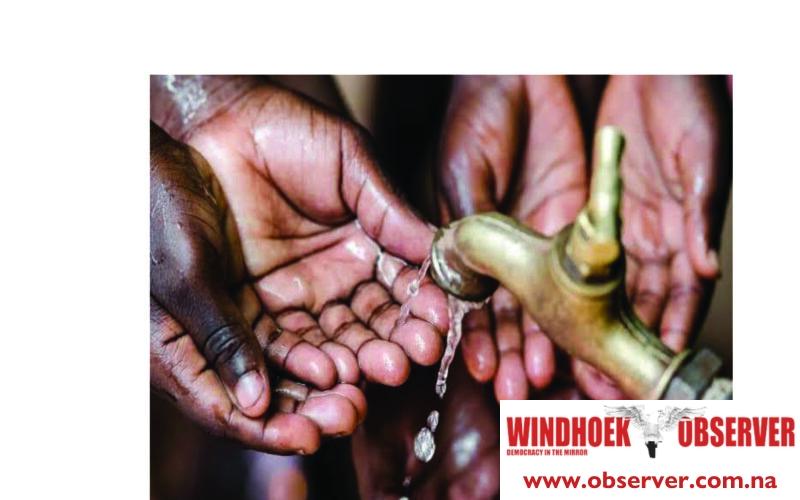Allexer Namundjembo
Residents of Eengodi Constituency in the Oshikoto Region are pleading with the government to help with their severe water shortage. They say the situation has become life-threatening.
In a letter to the prime minister, ministers and members of parliament, the Concerned Citizens of Eengodi said that for more than six months, villages including Okakodhi, Okashana k’Elago, Uudhiya, Onunkulu A and B, Omena, and Othimbika have had no reliable access to clean and safe water.
“We fear that if immediate action is not taken, human lives may soon be lost due to dehydration and waterborne diseases,” said the group’s representative, Martin Andimba.
The community said families wake up as early as 03h00 to collect small amounts of unsafe water from old wells.
According to the group, schools have shortened classes or temporarily closed and livestock deaths have been increasing.
The group has asked the office of the prime minister and the Ministry of Agriculture, Water and Land Reform to provide emergency water relief and establish a long-term solution for the constituency.
Eengodi Constituency councillor Protasius Neshuku earlier acknowledged the problem, saying it stems from incomplete borehole projects.
“A contractor failed to complete the boreholes, which were intended to provide water to the villages,” Neshuku said.
Villagers interviewed by the Windhoek Observer expressed frustration on Tuesday.
“We wake up before dawn to fetch a few buckets of water from salty wells. ‘Our livestock are dying, and our children can’t attend afternoon classes,’ Iita Sinsikus, one of the residents, said.
In response to the recurring drought and water shortages across northern Namibia, several regional councillors have proposed the construction of earth dams to harvest and store rainwater for rural communities.
During the 2024 Oshikoto Regional Council discussions, councillors from the Eengodi, Okankolo and Omuthiyagwiipundi constituencies jointly suggested that the government build small- to medium-sized earth dams as a sustainable alternative to boreholes in areas with salty underground water.
Neshuku supported the proposal at the time, noting that relying solely on boreholes was unsustainable since much of Eengodi’s underground water is unsafe to drink. He said earth dams would help collect and store rainwater for use during the dry season.
However, the proposal remains unimplemented, leaving many communities dependent on non-functional or incomplete boreholes.
The Eengodi water crisis has persisted for years despite repeated government promises.
Reports dating back to 2015 highlighted worsening shortages in the Oshikoto region, while in 2024 officials admitted that some villages had been without proper water supply for more than a decade.
Despite the installation of some solar-powered wells in early 2025, most communities continue to depend on unsafe or unreliable sources.




